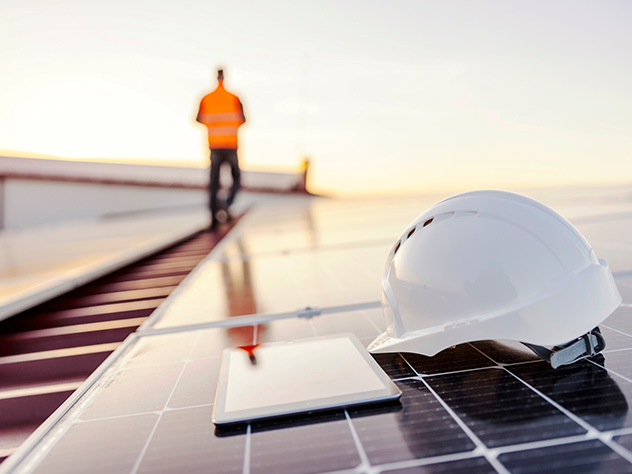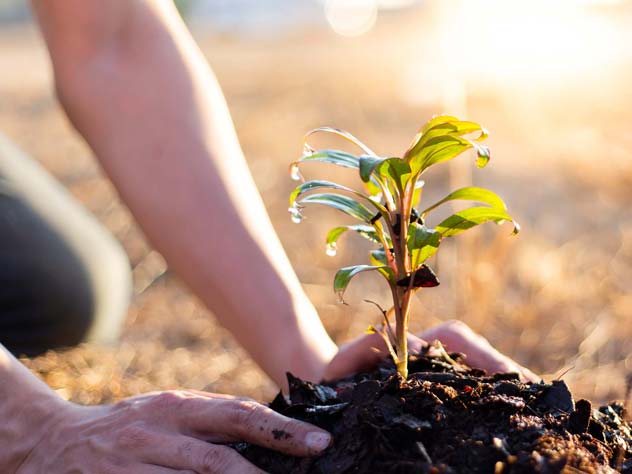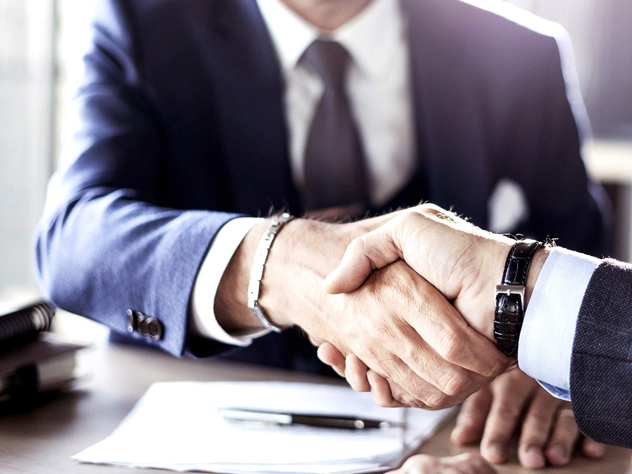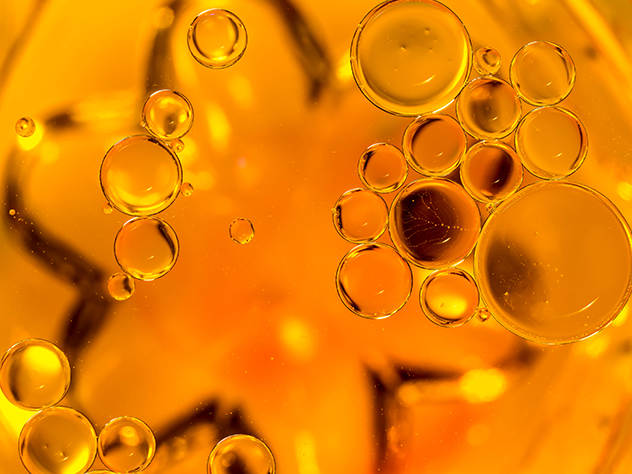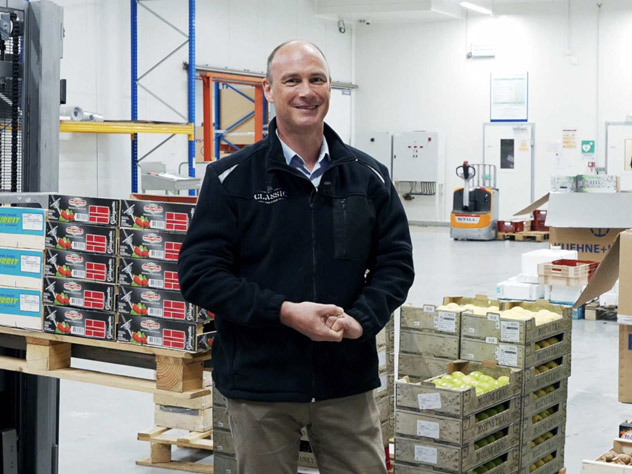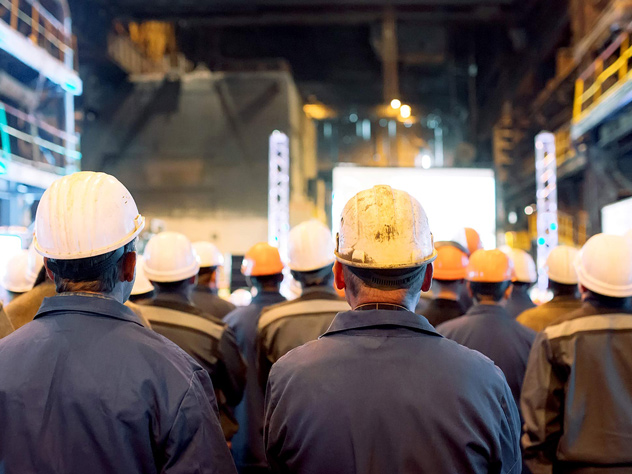Customer:
Dymak, a leading Danish homeware manufacturer
Industry:
Consumer
Solution:
Providing carbon neutral shipping
Results:
- Shipping from China to Europe is now carbon neutral
- Complete, audited CO2 emissions calculations
- Collaborating to create a more sustainable future
Imagine shipping your products across the world, while still maintaining a carbon-neutral footprint. While traditionally it has been hard to balance sustainability with business growth, innovative new initiatives are minimising the impact of shipping on the environment. Dymak’s partnership with Kuehne+Nagel demonstrates what can be achieved when two companies pursue their ambitious sustainability goals together.
A green approach to homeware
Based in Denmark, Dymak is a manufacturer of homeware and garden products. Founded in 1997, the company has grown from a small business, into a global market leader. Dymak manufactures flower pots, baskets and other handicrafts, which are sold in garden centres and supermarkets across the world. When it comes to sustainability, Dymak has a proven track record. The company is constantly researching and testing new materials, with a particular focus on their impact on the environment. “The criteria is that our materials are eco-friendly, recyclable and with a low waste consumption,” says Marthine Kristensen, Compliance Manager at Dymak. The company is also embracing renewable energy by installing solar panels for each of their offices, starting with the company headquarters in Odense. However, the company’s sustainability goals are even more ambitious: “With our global setup and size, we know that we can make a great contribution towards a more sustainable world.”
However, Dymak wanted to improve the sustainability of one essential aspect of their supply chain: their shipments. Transporting goods from manufacturing sites to local markets is an essential activity for every trading company. This is the part of the supply chain that companies have the least control over, and also the part with the most carbon emissions. “With our approach to sustainability, it was natural for us to look into the area of sustainable transport solutions,” Marthine recounts. The team's choice? Kuehne+Nagel's sustainable supply chain solutions.
“Kuehne+Nagel's sustainable supply chain solutions were exactly the type of initiative we were looking for,” Marthine says, “to control this aspect of our business we really need to partner with a logistics expert we can trust.” Luckily, the two companies have been working together for some time. “We have had a good business relationship with Kuehne+Nagel for many years and are very satisfied with the service,” Marthine recalls. Now, the two companies also share a vision – the carbon-neutral transport of Dymak’s containers.
What is offsetting?
Carbon offsetting is a mechanism that counterbalances CO2 emissions of a shipment. Kuehne+Nagel offers their customers the option to offset carbon emissions from transport services by investing in certified nature-based projects that contribute to the United Nations’ Sustainable Development Goals (SDGs). These projects are worldwide and reduce and compensate for carbon emissions with everything from hydropower and wind energy to geothermal power plants. These programmes involve much more than simply planting extra trees. They involve reforestation in vulnerable areas, which creates habitats for endangered species and jobs for the local communities.
After some discussions and validation of the framework, Dymak has begun using the carbon-neutral shipping option on shipments between Xiamen, China and Rotterdam, Netherlands. The emissions created by these shipments are now being offset through nature-based projects. To verify that carbon offsetting has occurred, CO2 credits are generated to show that the shipment has been neutralised. One credit is the equivalent of 1 tonne of CO2. For peace of mind, Dymak receives a certificate and the complete, audited CO2 emission calculations.
Next steps
Dymak’s approach to sustainability doesn’t end with greener transport. The company’s goals include a focus on using fewer materials in both their products and packaging, as well as ensuring that the materials are recyclable or renewable. Energy efficiency is another major focus for the company, particularly for their own manufacturing. “We aim to offset our total CO2 emissions, including transportation, by 2025,” Marthine says, “until then we will continue to offer our customers sustainable, long-lasting and durable products.”
The team at Kuehne+Nagel take great pride in supporting other companies to achieve their sustainability goals. A sustainable future has to be built together. Every member of the supply chain must do their part. It is the cooperation between companies that really makes the difference.


